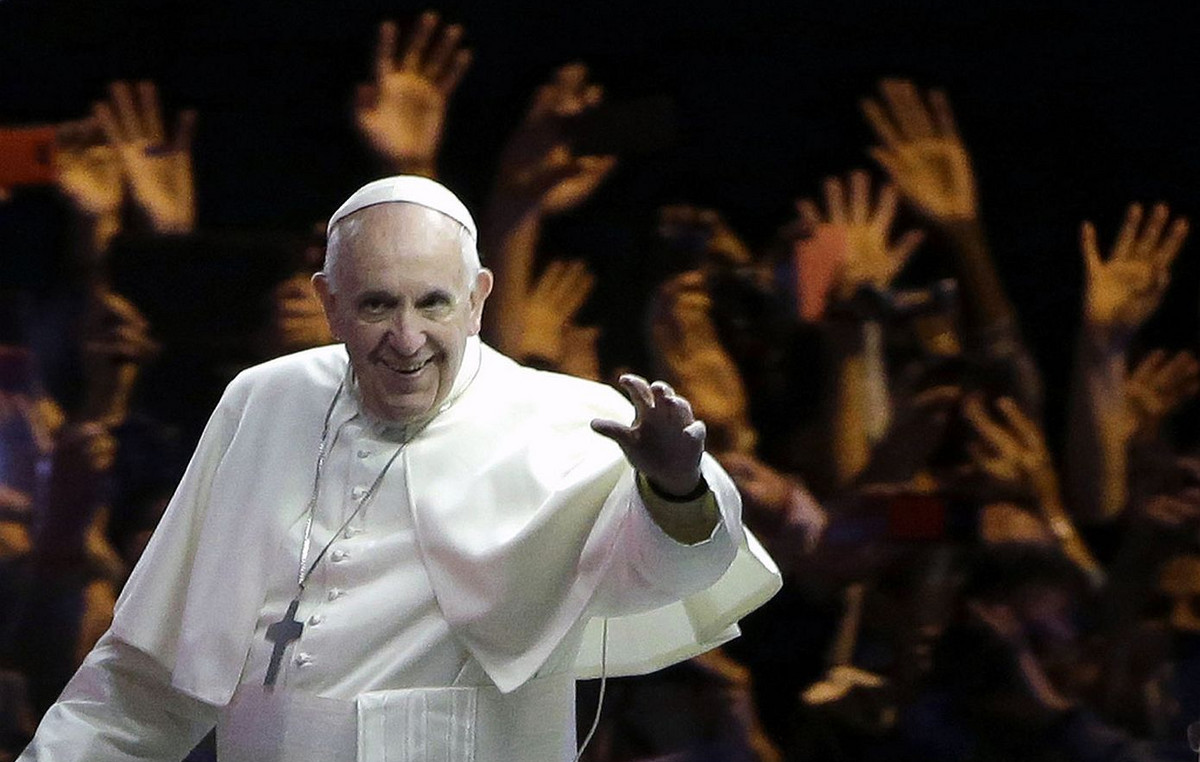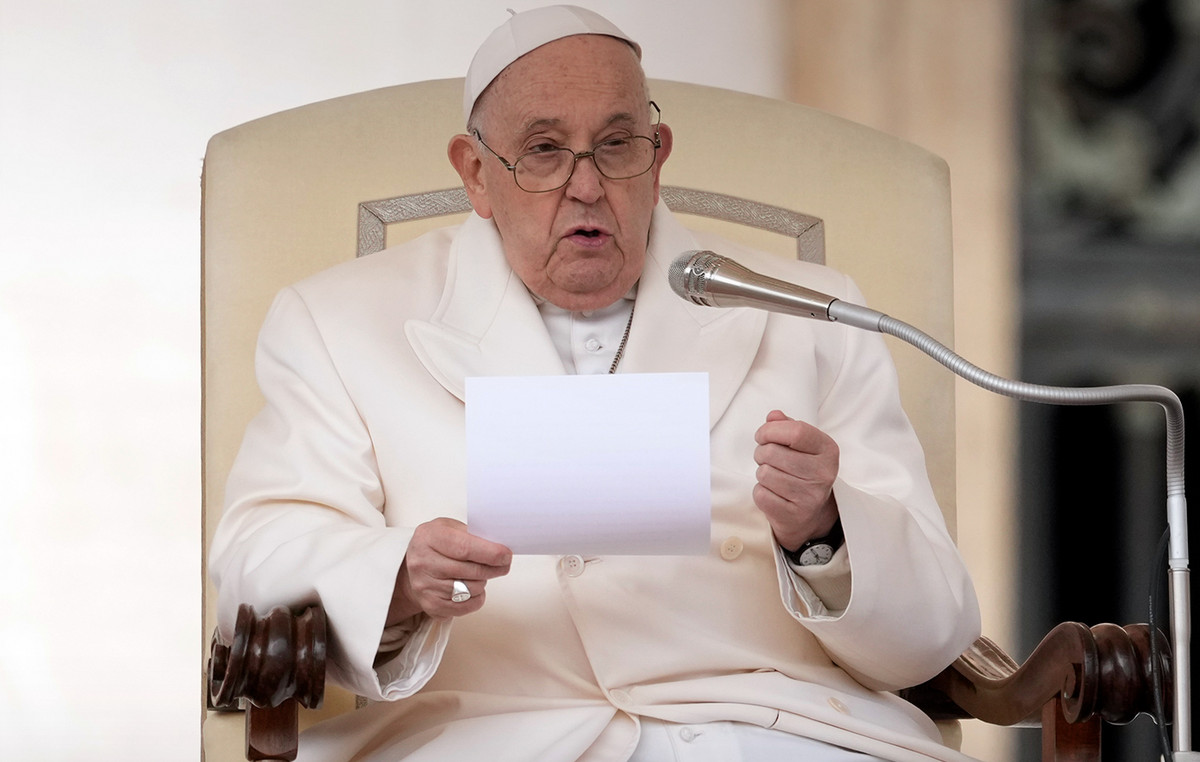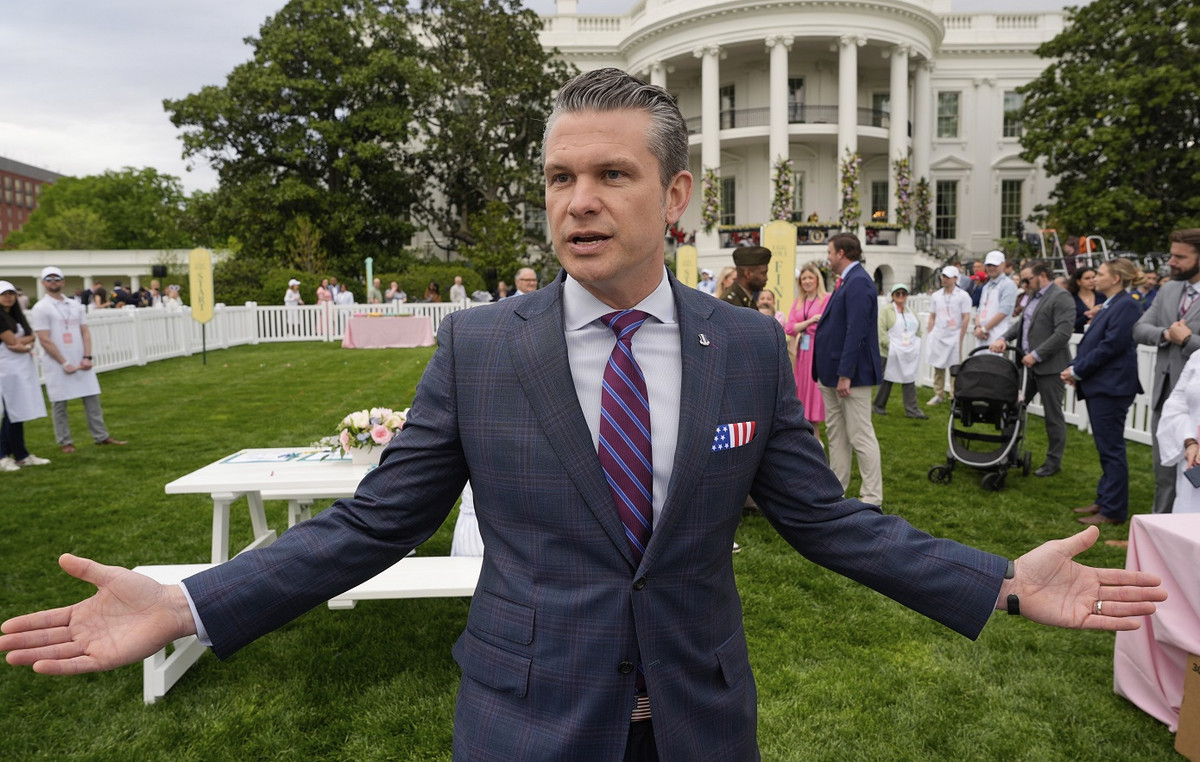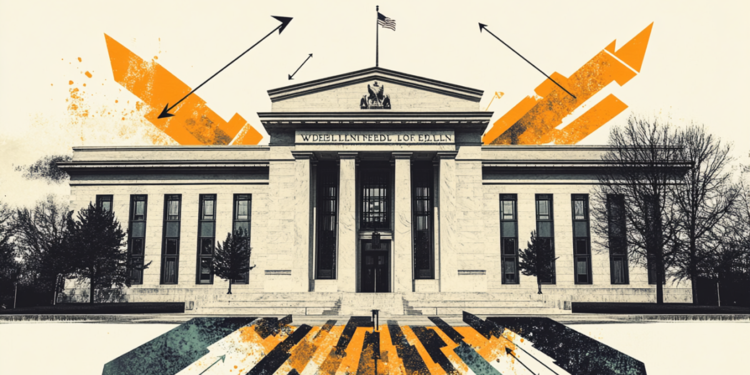Goodbye to Franco Di Mare. The journalist and presenter was 68 years old. The family's announcement: «Embraced by the love of his wife, daughter, sisters and brother and by the affection of his closest friends, the journalist Franco Di Mare passed away today in Rome». He had made it public last April 28th that he was cancer patient: «I have an incurable tumor, I have little left to live. But I don't give up», said guest of Fabio Fazio to What's the weather like.
And again: «On July 28th I will turn 69, but I don't know if I'll get there. Maybe yes. I'm calm, I'm not afraid. The idea of suffering scares me, but I went to a dozen funerals of colleagues younger than me. And I'm miraculously alive. During a gang shootout in Albania, a bullet passed through the back of my neck. I didn't die because I bent down to get a battery in my bag. I consider myself a lucky man».
The war correspondent of Rai had appeared on video, moving all of Italy: «This little tube that runs over my face is connected to an automatic respirator and allows me to breathe forcedly, but it also allows me to be here», he had said, «I I got the mesothelioma, a very bad tumor, linked to the presence of asbestos in the air”. The journalist then admitted that he “had no escape”, but at the same time explained that he had faith in scientific research.
Di Mare had also explained why this very aggressive tumor had “chosen” him: «As a war correspondent I was in the Balkans, among depleted uranium bulletshyper-fast, hyper-destructive, capable of knocking down a building”, he told al Corriere della Sera. Each explosion released infinite particles of asbestos into the air. One was enough. Six thousand times lighter than a hair. Maybe I met her in Sarajevo, in July 1992, my first mission. Or the last one, in 2000, who knows. I couldn't know it, but I had breathed death. The incubation period can last up to 30 years. Here we are”.
Franco Di Mare had also wanted to publish a book, The words to say it (Sem, Feltrinelli), for these reasons: «To tell the wars outside of me and the one inside me. A small existential dictionary. Without pity. It's my will». On the other hand, she had revealed: «I've had a beautiful lifethe memories I have are full of life, I don't want to get stuck around the idea of death but to the idea that there is a life, even every day. What I'm so sorry about is only finding this out now. It's not late yet, it's not over yet. As Boškov said, the match ends when the referee blows his whistle and my referee hasn't blown the whistle yet.” The journalist, however, did not hide his pain towards who he was disappeared after the discovery of the disease: «The whole Rai, all the management groups. Not the current ones. Previous. And the precedents again. I asked for the service record, the list of places I had been to find out what could be done. People I used to address firsthand who refused on the phone. I can't understand the absence on a human level. I find only one adjective: it is repugnant».
To the Courier Di Mare then told how, on an ordinary afternoon three years ago, he had discovered that something was wrong: «I was sitting on the sofa, watching a stupid program on TV. A terrible pain exploded between my shoulder blades, a stab wound». After “20 days like this”, he decided “to do some checks at the Gemelli Polyclinic”. The doctors discovered that «in place of the right lung there was nothingness. It had collapsed along with the pleura, the film that surrounds it. Half of his ribcage was empty. They tried to pump air to lift him up, but it wasn't enough. They reattached it with some sort of stapler. But first they did a biopsy of the tissue. And finally the diagnosis that leaves no escape.” Mesothelioma, precisely: «Until twenty days ago I went out to do the shopping. Two steps. At most I kept the portable respirator with me, which weighs 15 kilos. But it lasts an hour and you have to hope it doesn't crash. It happened one night, I had a bad time. Now I no longer have autonomy».
Di Mare had concluded that he had no regrets. Because “I was lucky enough to do the job I dreamed of, to live a hundred lives.” The worst moment? The one where he had to telling the people he loved «that the disease is curable but not solvable. You can extend the day, not procrastinate it endlessly. The time we have is precious, you only realize it when you are leaving. And decide not to waste even a moment again.”
Source: Vanity Fair
I’m Susan Karen, a professional writer and editor at World Stock Market. I specialize in Entertainment news, writing stories that keep readers informed on all the latest developments in the industry. With over five years of experience in creating engaging content and copywriting for various media outlets, I have grown to become an invaluable asset to any team.







